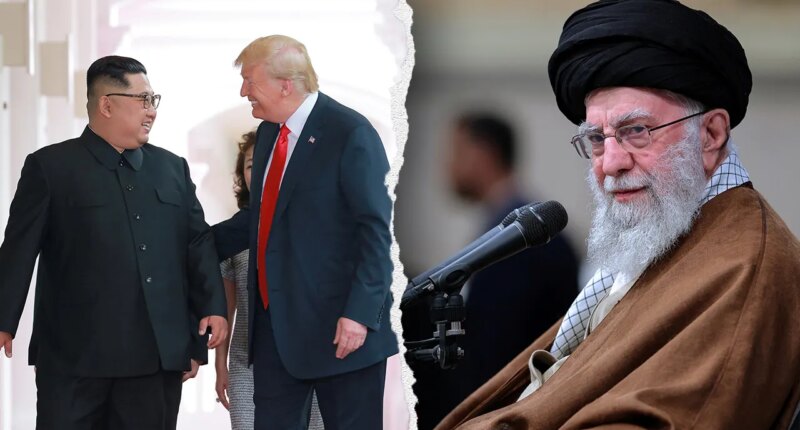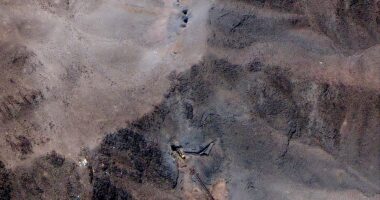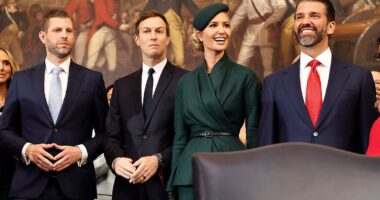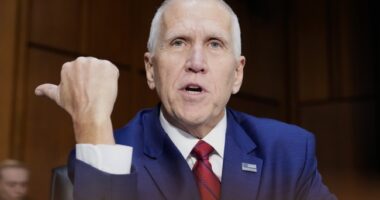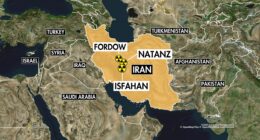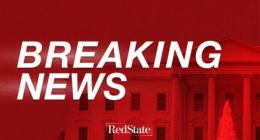President Donald Trump’s statement this week about wanting to engage in discussions with Iran has caused concern within the security industry. An ex-national security advisor advised the president against developing a relationship with the Ayatollah similar to his connection with Kim Jong Un.
Trump has referred to his interactions with Kim as a “romantic” involvement, however, his attempts at diplomacy with North Korea during his first term did not halt the country’s progress in its nuclear pursuits.
“Regarding the possibility of negotiations, we will need to wait and see how things progress,” noted John Hannah, a former national security advisor to Dick Cheney who currently serves as a senior fellow at the Jewish Institute for National Security of America (JINSA).
Hannah spoke Thursday evening during a discussion hosted by JINSA in Washington, D.C., on Trump’s new plans to start negotiations with Iran.
But there is another October deadline looming over international attempts to block Iran’s nuclear development. The ability for the nations remaining in the JCPOA to apply “snapback” sanctions on Tehran will expire Oct. 18, 2025.
“There have to be negotiation discussions between Trump and [Israeli Prime Minister Benjamin] Netanyahu on how long are we going to wait to see this negotiation drag on,” Abrams said, referring to the years-long talks by the Biden administration that proved fruitless.
“I’m sure the Iranians will say if you impose snapback [sanctions] the negotiations are over, and we will leave the nuclear nonproliferation treaty.”
Iran, particularly in recent years, has been found to have repeatedly violated the treaty, though proponents of a nuclear deal argue it is a useful tool to keep Tehran involved in nuclear nonproliferation discussions.
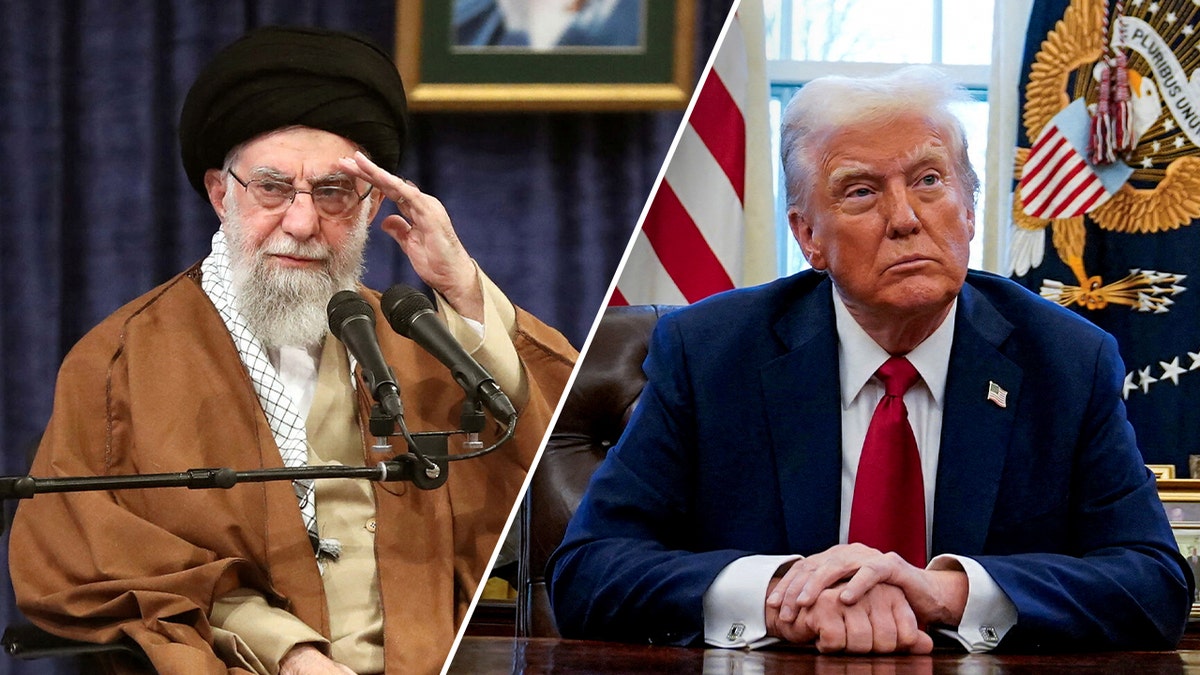
Iran’s Supreme Leader Ayatollah Ali Khamenei and President Donald Trump. (Office of the Iranian Supreme Leader/WANA; Handout via Reuters/Elizabeth Frantz/File Photo)
But Abrams also warned that the U.S. and Israel should engage in military drills to remind Iran of what it is potentially facing should it move forward with nuclear development.
Retired Israel Defense Forces Major General Yaakov Amidror echoed this sentiment and said he believes it is unlikely that Iran completely ignores the threat of U.S.-Israeli strike force capabilities because it relies on the legitimate aspects of this nuclear program for economic stability.
Iran’s Supreme Leader Ayatollah Ali Khamenei on Friday rejected the possibility of engaging in any future negotiations with the Trump administration.
